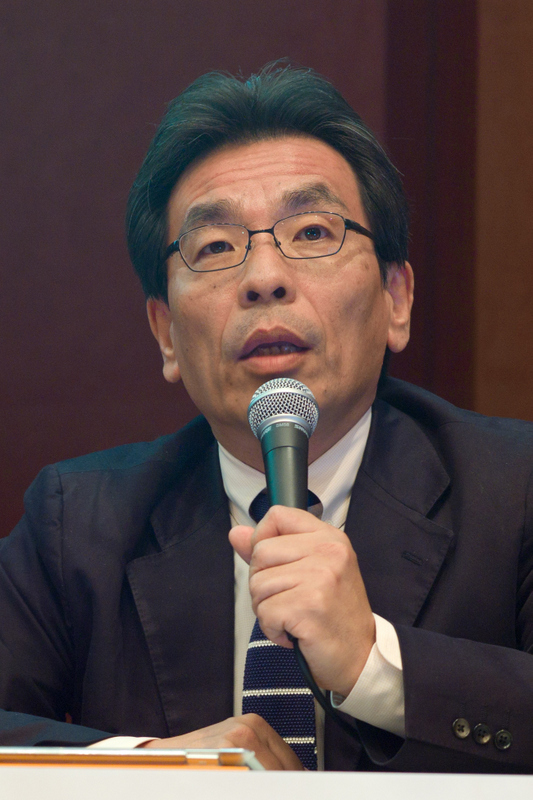The 2nd Energy Policy Roundtable 2012 Report
Hisashi YoshikawaProfessor, UTokyo Policy Alternatives Research Institute (PARI) / Graduate School of Public Policy (GraSPP), the University of Tokyo
Apr. 20, 2012
日本語ページへ
The 2nd Energy Policy Roundtable 2012 Program
Energy Policy Roundtable 2012
Energy Challenges and Perspectives in Asia
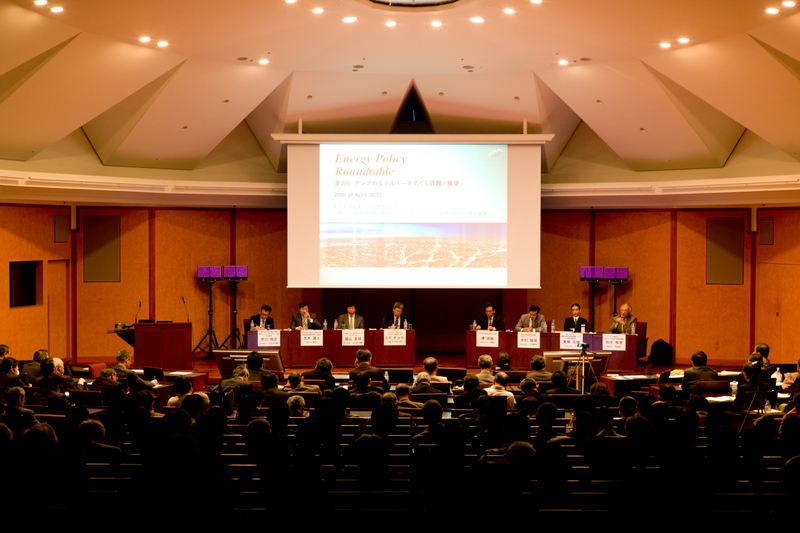
| [Date] | Friday, April 20, 10:00-12:20 |
|---|---|
| [Venue] | Ito Hall (B2 floor), Ito International Research Center Map |
| [Hosted by] | UTokyo Policy Alternatives Research Institute (PARI) |
| [Co-hosted by] | Graduate School of Public Policy (GrasPP) New Energy and Industrial Technology Development Organization (NEDO) |
Keynote Speech
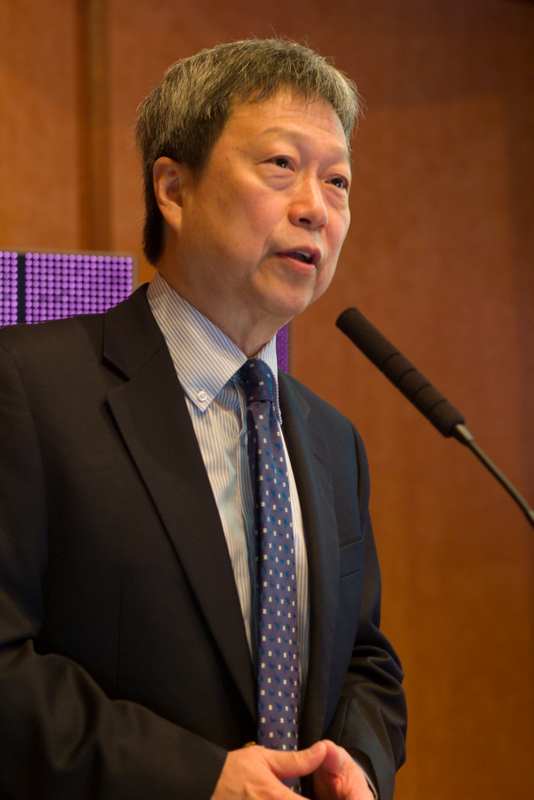
“Overview of ASEAN's Energy Needs and Challenges”
Prof. CHOU Siaw Kiang
Executive Director, Energy Studies Institute (ESI), National University of Singapore
Handout
The 2nd seminar of the Energy Policy Roundtable 2012 was held on April 20th. At the 1st Roundtable, it was pointed out that primary energy demand in the world was expected to increase by 40% in 25 years, with two thirds of the incremental demand being generated in Asia. This time, we highlighted the ASEAN member states, situated between two emerging countries, China and India, and having, at the same time, close historical and economic relationships with Japan. Chou Siaw King, Executive Director, the Energy Studies Institute (ESI) and Professor at the National University of Singapore, gave a keynote speech on the current energy situation, including existing diversity in the region, and perspectives on and challenges to ASEAN. He gave us, in short, a comprehensive assessment of ASEAN in light of realities in the region. This was followed by a discussion with experts from Japan.
Panel Discussion
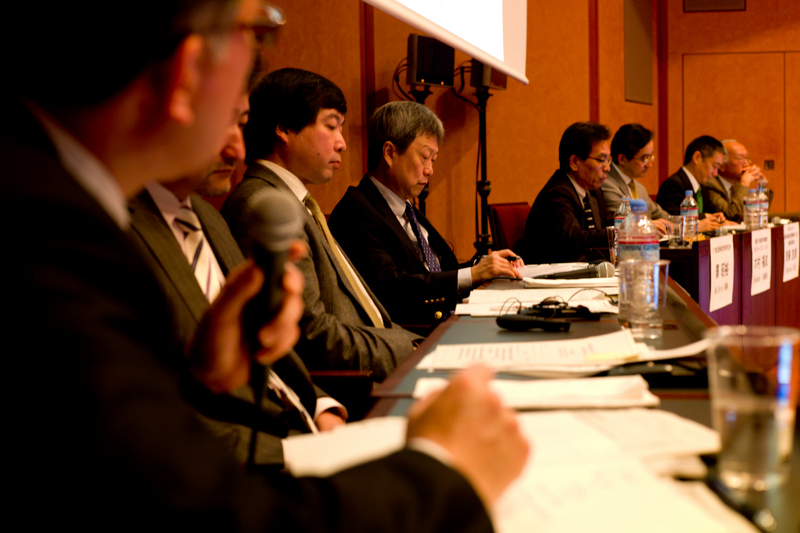
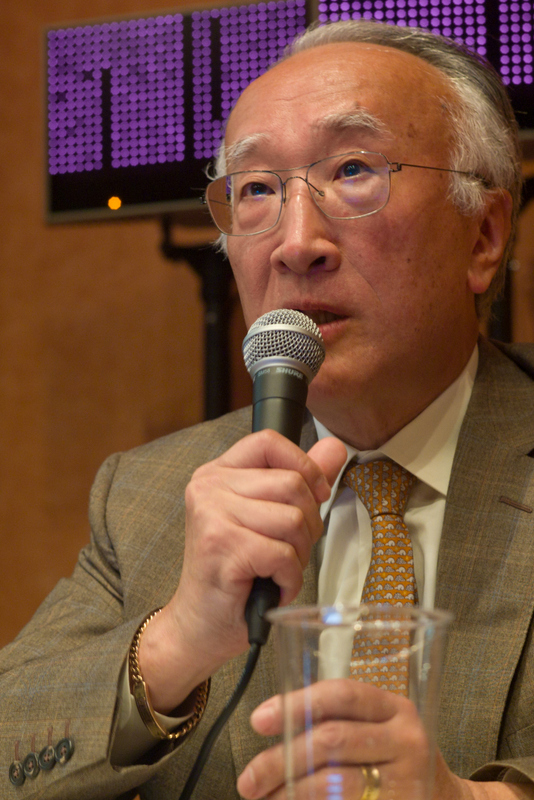
Mr. Nobuo Tanaka
Global Associate for Energy Security and Sustainability at the Institute of Energy, Economics, Japan (IEEJ) /
the former Executive Director of the International Energy Agency (IEA)
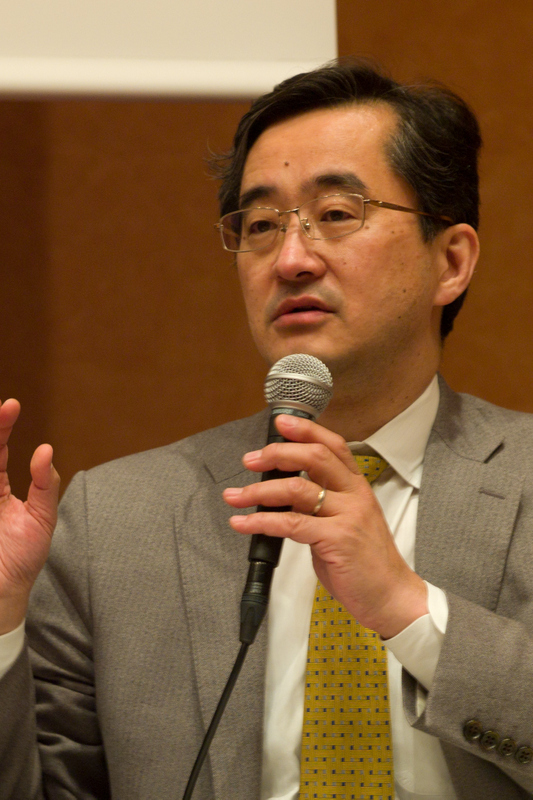
Prof. Fukunari Kimura
Professor, Faculty of Economics, Keio University /
Chief Economist of Economic Research Institute for ASEAN and East Asia (ERIA)
Handout
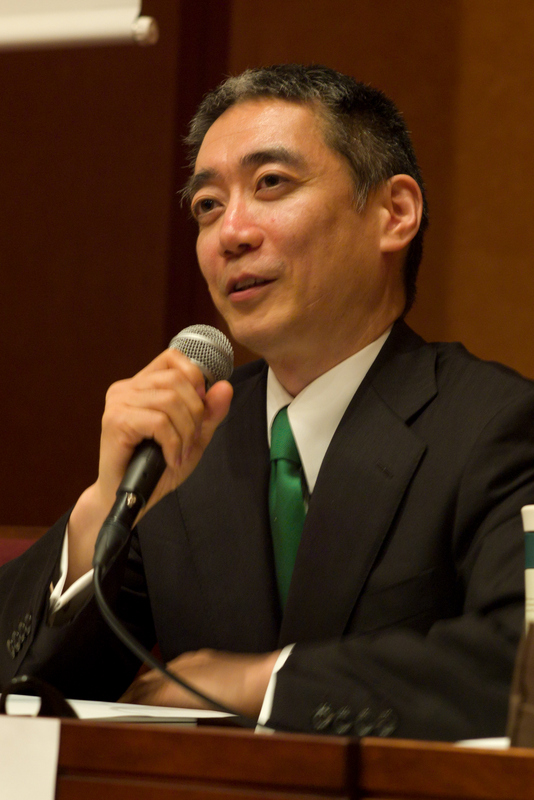
Mr .Yoshiaki Tojo
Director-General,General Affairs and Policy Planning Department /
New Energy and Industrial Technology Development Oragnization (NEDO)
Handout
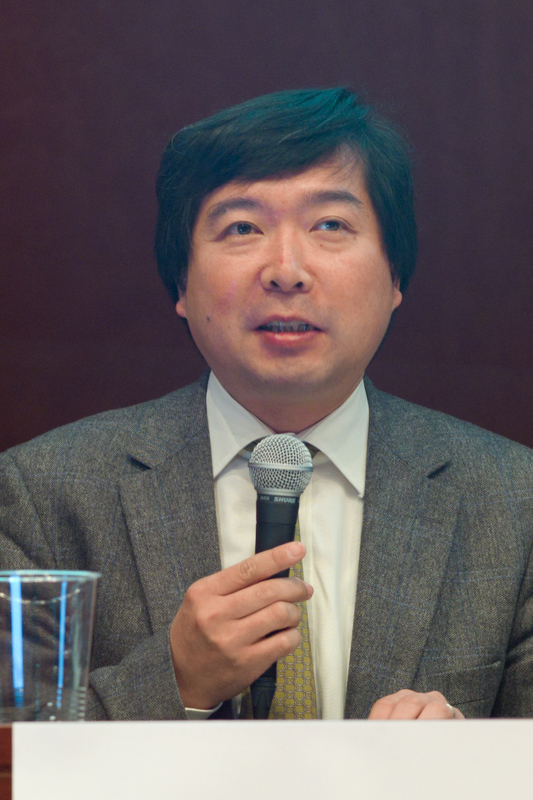
Prof. Hideaki Shiroyama
Director of UTokyo Policy Alternatives Research Institute (PARI) /
Vice Dean / Professor, Graduate School of Public Policy (GrasPP), the University of Tokyo
Handout
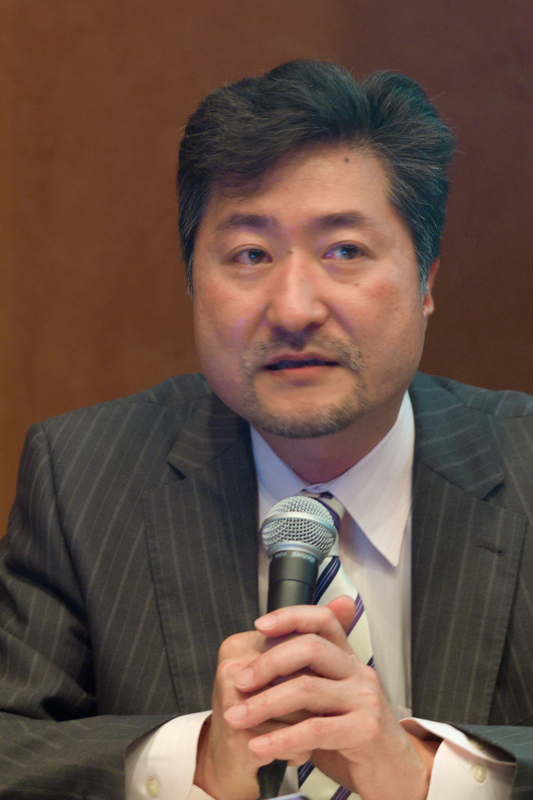
Mr. Gento Mogi
Associate Professor, Department of Technology Management for Innovation, Graduate School of Engineering, the University of Tokyo /
Joint Chair of Endowed Chair for Global Solar+ Initiative (GS+I), the University of Tokyo
Handout
The issues raised and discussed at the 2nd Roundtable were as follows:
- We shared our recognition that world energy policy would henceforward be centered on Asia, where policy decisions and change are going to directly influence world affairs. There was a general opinion that Asia needs some sort of institutional framework in order to respond to energy issues appropriately. We also shared our understanding that communication and collaboration must be enhanced within Asia and with the global community, and that improvements in infrastructure require parallel improvements in legal systems, technologies, statistics and human resources.
- In this regard, Japan is required and expected to offer other Asian nations more cooperation and commitment in the field of human resources development and in environmentally friendly, energy efficient technologies, including nuclear technology. Given rapidly increasing energy consumption in Asia, particularly of fossil fuels, it continues to be important for Japan to diversify energy sources, including nuclear energy, and to maintain the domestic energy base along with its related technologies, in order to take a lead in energy security as well as in global warming countermeasures technology.
- Built on diversity, and therefore required to make subtle political adjustments, ASEAN and Asian countries need a broad based, in depth, mid-and-long term strategy, including a strategy on energy, in order to maintain economic growth that preserves harmony with other parts of the world.
In the next roundtable, planned for July 12th, we will invite Prof. Ulrike Schaede from UC San Diego, who will speak about Japan's energy policy viewed from the United States.
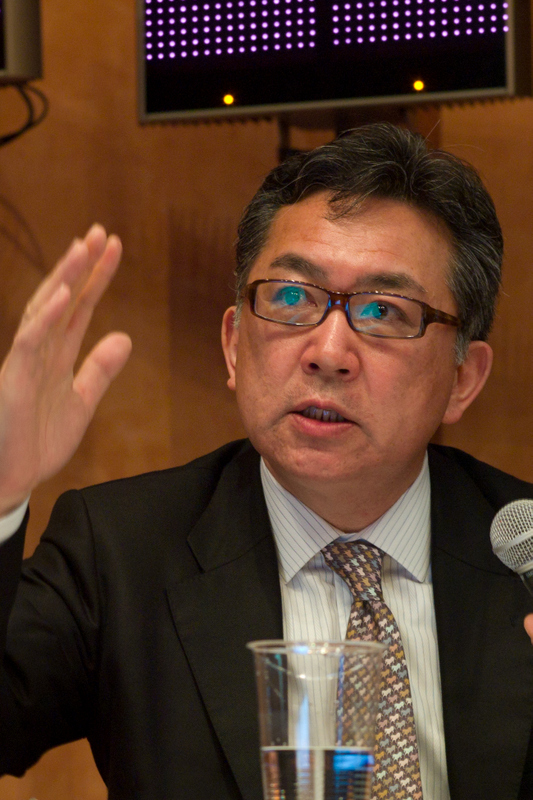
(photo: Ryoma.K)
Moderator: Prof. Hisashi Yoshikawa
Professor, Graduate School of Public Policy (GraSPP), the University of Tokyo /
UTokyo Policy Alternatives Research Institute (PARI), the University of Tokyo



